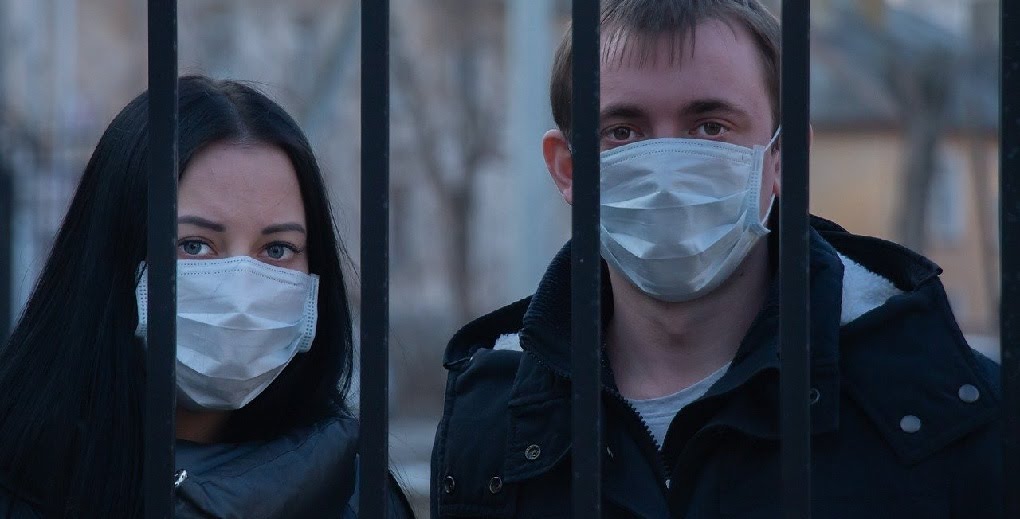The Rise in Property Prices in Czechia Is Driving Up Rental Prices

The sharp rise in apartment prices in major Czech cities in recent years (combined with stricter mortgage eligibility conditions) has led more people to rent rather than buy. A study conducted by the consulting firm KPMG found that the number of apartments available for rent dropped by a third in just two years. One consequence of this trend is an increase in rental prices.
Over the past five years, prices of new apartments in Prague have risen by 80%—resulting in a 42% increase in rents, with 10% of that occurring in just the past six months. The average annual growth rate is 7.3%. Rental prices are expected to rise even further due to the decline in supply. Real estate agents claim this trend stems from a decrease in the number of newly completed apartments entering the market. For example, in the second quarter of 2019, sales of new apartments in Prague alone fell by 16%, which led to an 11.5% increase in apartment prices in September 2019 and a 4.6% increase in Q3 2019 (713,107 CZK for the average apartment). But Prague is not alone—this trend is similar across all major cities in Czechia: Brno, Ostrava, Olomouc, České Budějovice, and Plzeň. In these places, rents rose rapidly three years ago, primarily due to the increase in property prices. Before that, rents had remained flat for more than half a decade.
A Deloitte survey found that rent prices in Prague have increased by nearly 50% since 2014. The average rent per square meter in 2014 was CZK 94, and today it is CZK 307—meaning that the rent for a 60 m² apartment in the city is around CZK 18,500 per month.
This means that people living on the outskirts of Prague are now paying the same rent that central city residents paid five years ago. Central neighborhoods such as Josefov, Malá Strana, Staré Město, and Nové Město are the most expensive in terms of rent. The average rent there is CZK 400 per square meter per month.
In suburban neighborhoods like Šeberov, Benice, or Kolovraty, rent is about 50% lower. In fact, the rise in rental prices significantly affects all of Prague, including areas with little to no new construction. The study found that the most influential factor in determining rent levels is proximity to a metro station. According to Deloitte’s analysis, rental prices in Prague vary depending on factors such as workplace accessibility and nearby parks.
Another factor driving up prices is the purchase of properties for short-term rentals via platforms such as Airbnb and others. This allows owners to generate higher income than through long-term rentals.
It is estimated that about one-third of new properties purchased in 2016–2017 were acquired for such investment purposes—further shrinking the available rental stock, especially in the Czech capital, Prague.
Although investors in such properties usually prefer apartments no larger than 50 m², demand has surged for all types of rental properties, including larger apartments.
Municipalities across Czechia are concerned that this trend could push people out of the housing market—both buyers and renters—including those in essential professions such as education, healthcare, police, and fire services. One proposed solution is investment in municipal housing. In Brno, for example, the city is planning to build or renovate over 2,000 apartments in the next five years. Similar projects are expected in Brno and Ostrava.
Interested in jumping on Czechia’s speeding real estate train? We’ve been here for over a decade.





